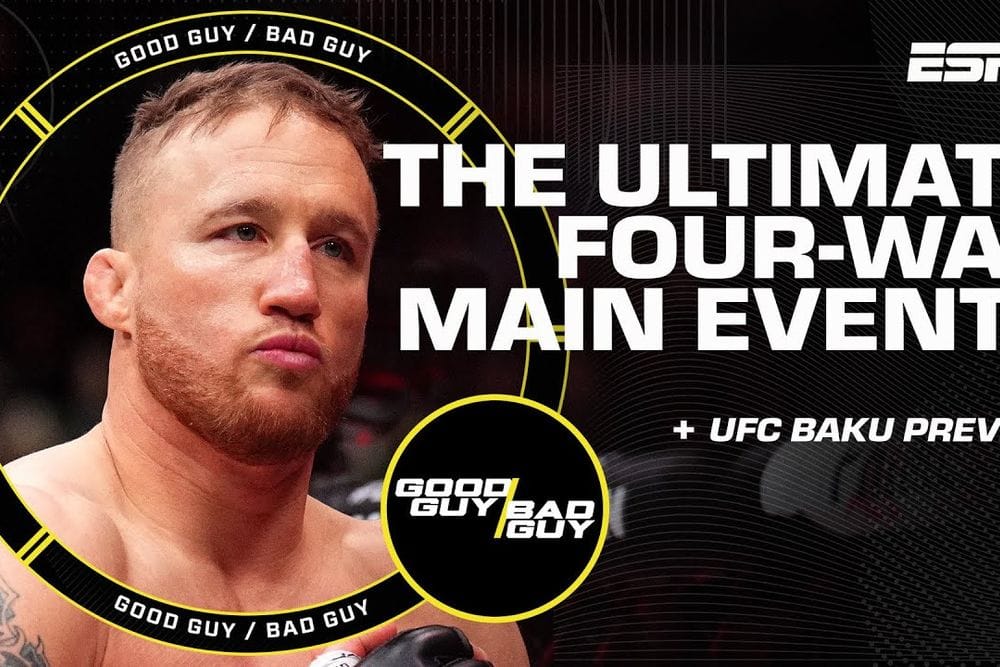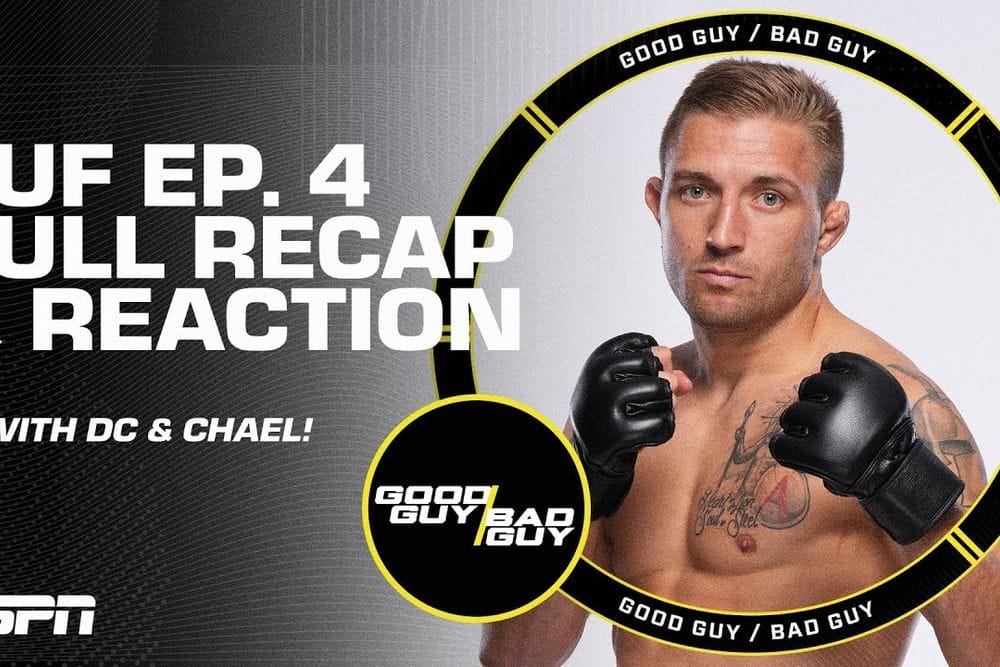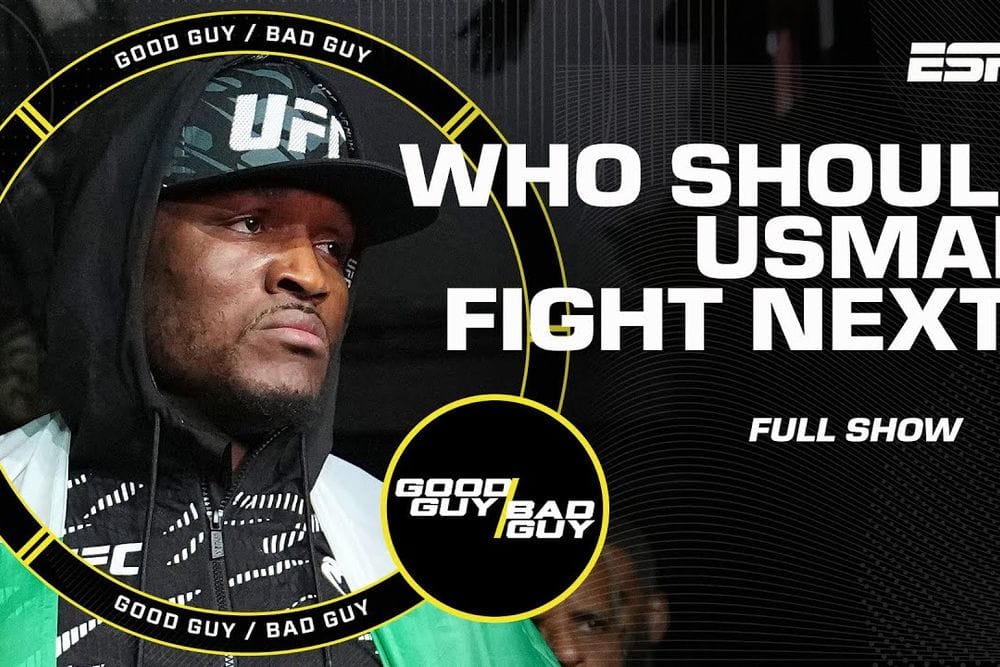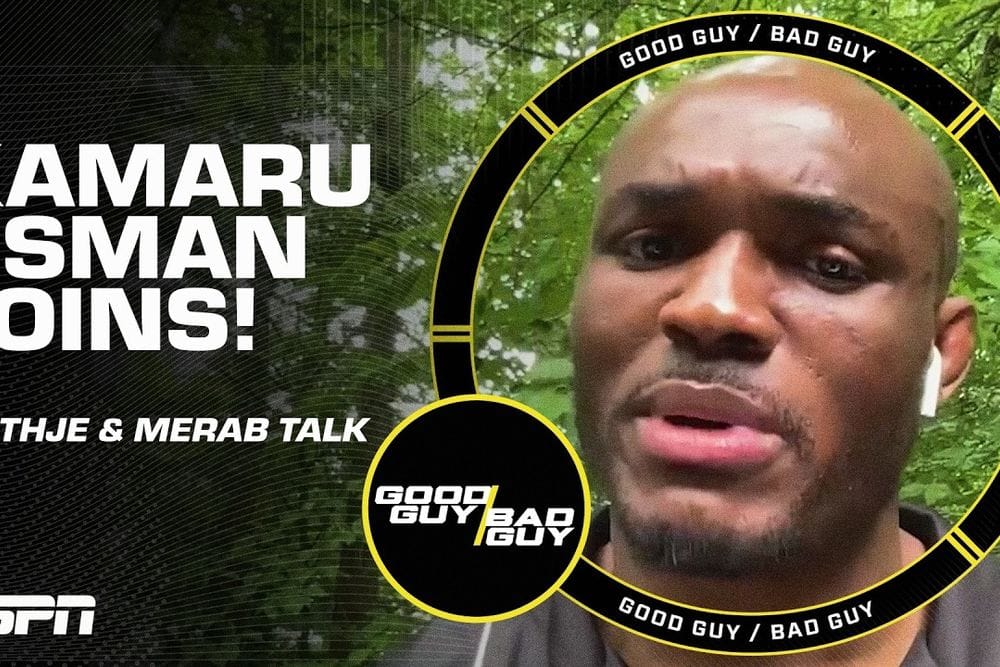Marcin Tybura's Win and Colby Covington's Heel Tactics Explored
Marcin Tybura's submission win over Tai Tuivasa is dissected alongside his missed callout opportunity. Colby Covington's heel tactics targeting Ian Machado Garry are also analyzed in this ESPN MMA episode.
Tybura's Submission Victory Over Tuivasa
In a recent episode of the ESPN MMA show, hosts Daniel Cormier and Chael Sonnen broke down Marcin Tybura's impressive submission win over Tai Tuivasa at UFC Fight Night. Around the 0:55 timestamp, the discussion highlighted Tybura's performance, noting how he secured the victory with technical prowess in the heavyweight division. The win marked a significant moment for Tybura, showcasing his grappling skills against a formidable striker like Tuivasa.
The hosts pointed out that this victory could have been a pivotal opportunity for Tybura to elevate his standing in the division. However, they questioned whether he missed a chance to capitalize on the moment by not making a strong callout for a top contender immediately after the fight. This segment emphasized the importance of strategic post-fight statements in the UFC, where visibility and momentum can often be as critical as the win itself.
The Missed Callout Opportunity
Delving deeper into the topic at around the 1:52 mark, Cormier and Sonnen discussed the art of the callout in MMA. They expressed disappointment that Tybura did not seize the moment to challenge a higher-ranked heavyweight, which could have positioned him for a bigger fight. The hosts stressed that in the UFC, fighters often need to create their own opportunities through bold statements, and Tybura's silence might have cost him a chance to fast-track his path to a title shot.
The conversation also touched on how callouts are a strategic tool, often planned in advance by fighters to maximize impact. The hosts suggested that Tybura might need to work on this aspect of his career to ensure he remains relevant in the highly competitive heavyweight landscape.
Colby Covington's Heel Persona and Ian Machado Garry Feud
Shifting focus at the 7:48 timestamp, the episode explored Colby Covington's ongoing role as a heel in the UFC, particularly his recent verbal attacks on Ian Machado Garry. Covington has been vocal in targeting Garry, even bringing personal elements into his trash talk. The hosts analyzed how Covington continues to embrace the antagonist role, using controversy to keep himself in the spotlight.
Chael Sonnen, known for his own history as a 'bad guy' in MMA, provided insight into what it takes to succeed as a heel. He discussed the balance between genuine personality and performance, evaluating whether Covington's approach is effective in maintaining fan interest and securing high-profile matchups. This segment offered a unique perspective on the psychological and promotional aspects of being a polarizing figure in the sport.
Reflecting on UFC 300 and Historical Roots
Towards the latter part of the episode, around the 27:50 mark, the discussion turned to the upcoming UFC 300 event. The hosts took a nostalgic look back at UFC 1, highlighting the original bracket format that shaped the early days of the organization. They reflected on how far the sport has come, from a raw, unpolished competition to a global phenomenon with events like UFC 300 on the horizon.
This segment underscored the evolution of MMA, crediting early events for laying the groundwork for today's massive pay-per-view spectacles. The hosts emphasized the significance of milestone events like UFC 300 as a celebration of the sport's history and growth, connecting past and present for longtime fans.
Closing Thoughts and Personal Highlights
Wrapping up near the 34:59 point, the episode included a personal note from Daniel Cormier about his son winning a title, adding a heartfelt touch to the show. While the focus remained on MMA analysis, this brief mention provided a glimpse into the personal lives of the hosts, balancing the intense fight discussions with lighter content.
Overall, this episode covered a range of topics from current fight outcomes to promotional strategies and historical reflections. It offered valuable insights into the multifaceted world of MMA, blending technical analysis with the entertainment aspects that define the sport.



